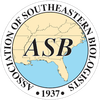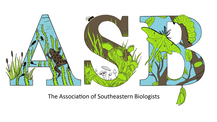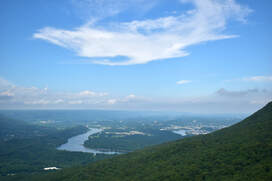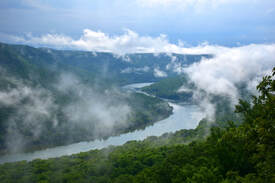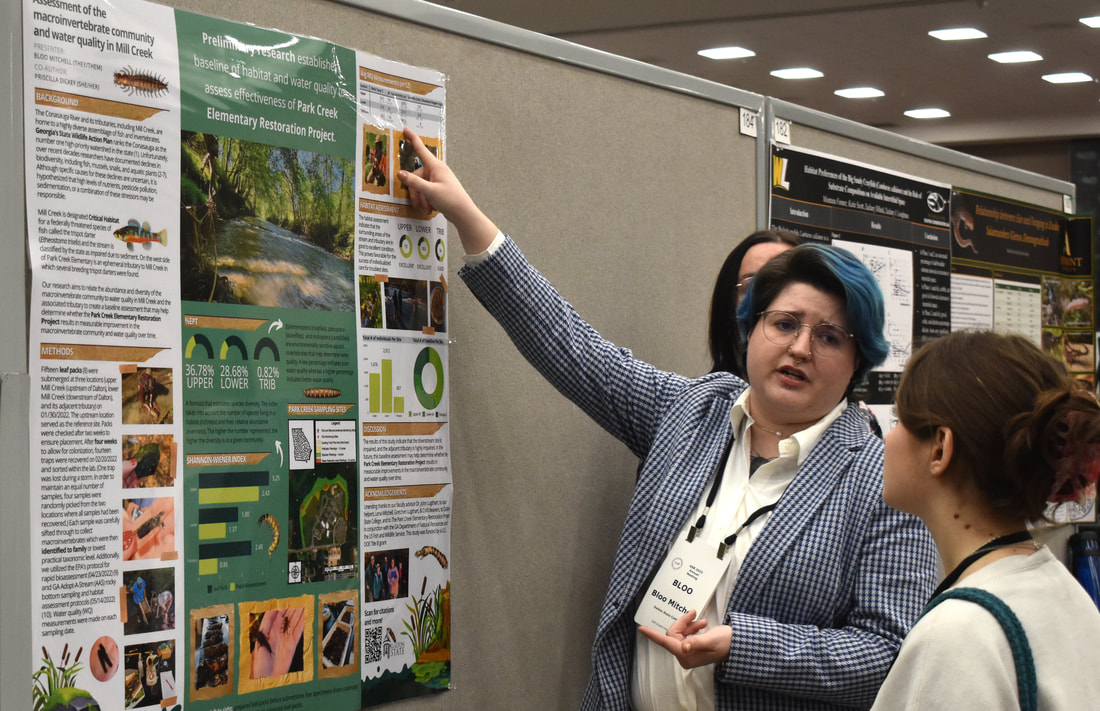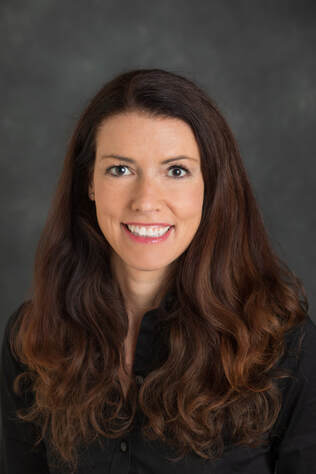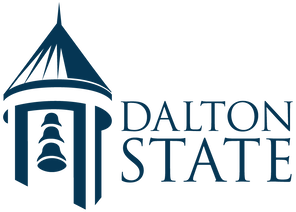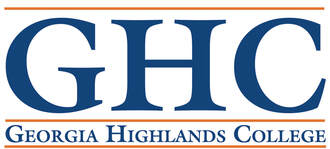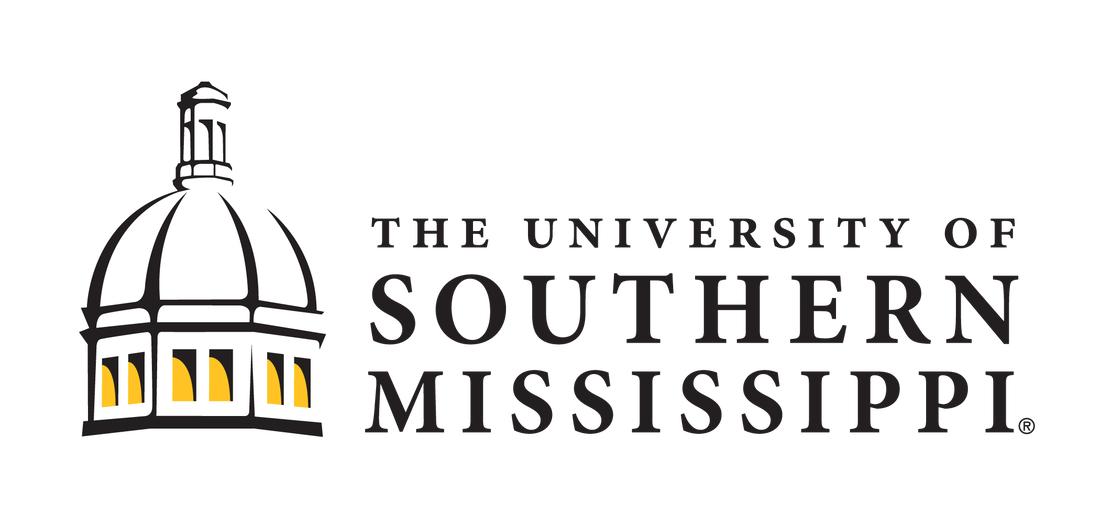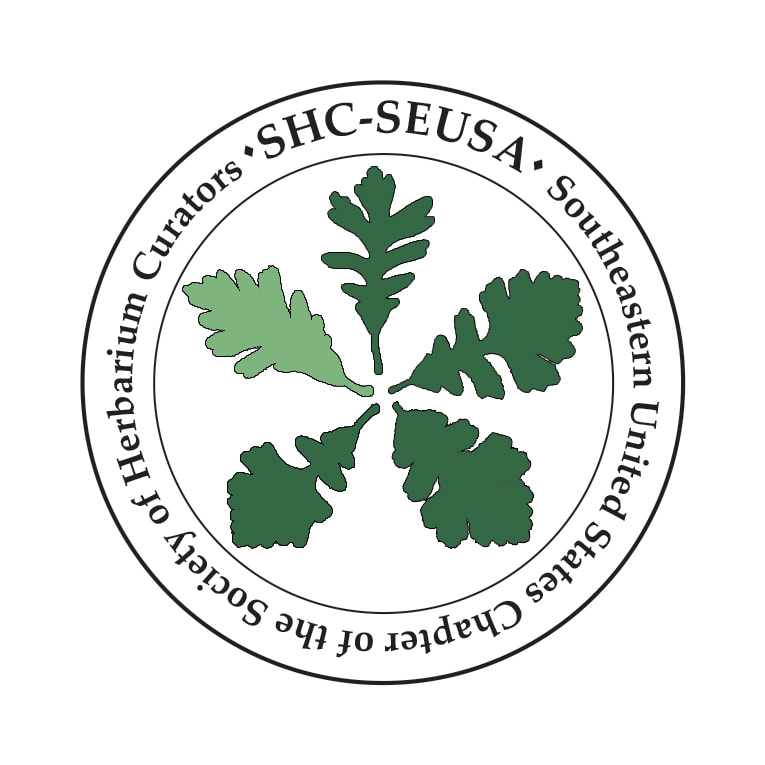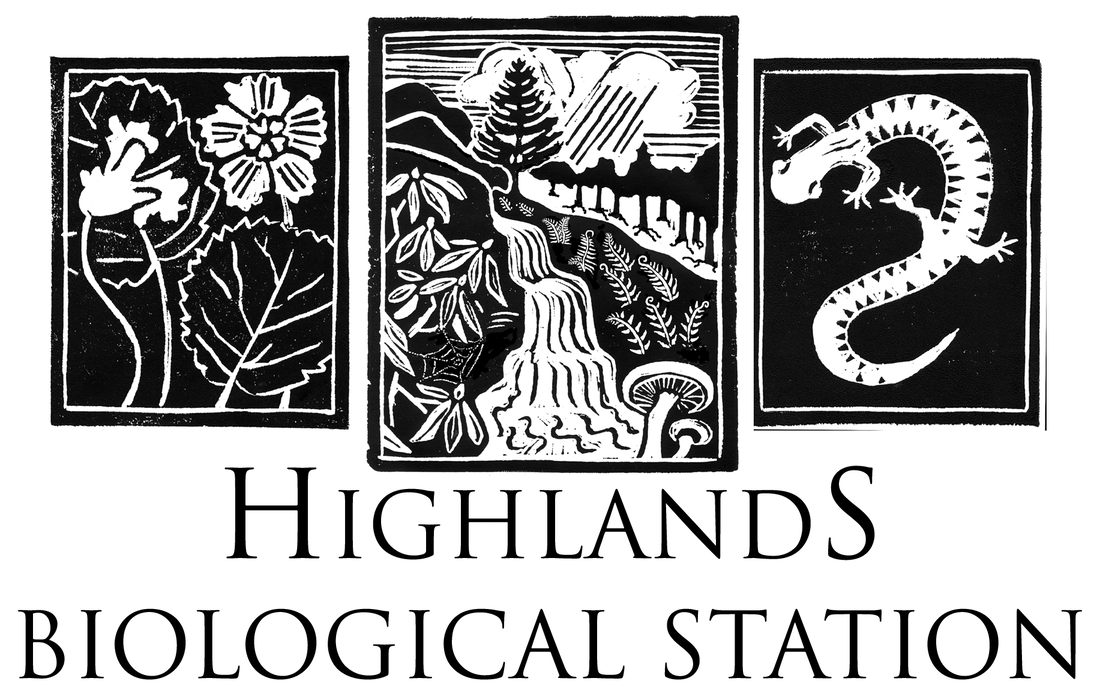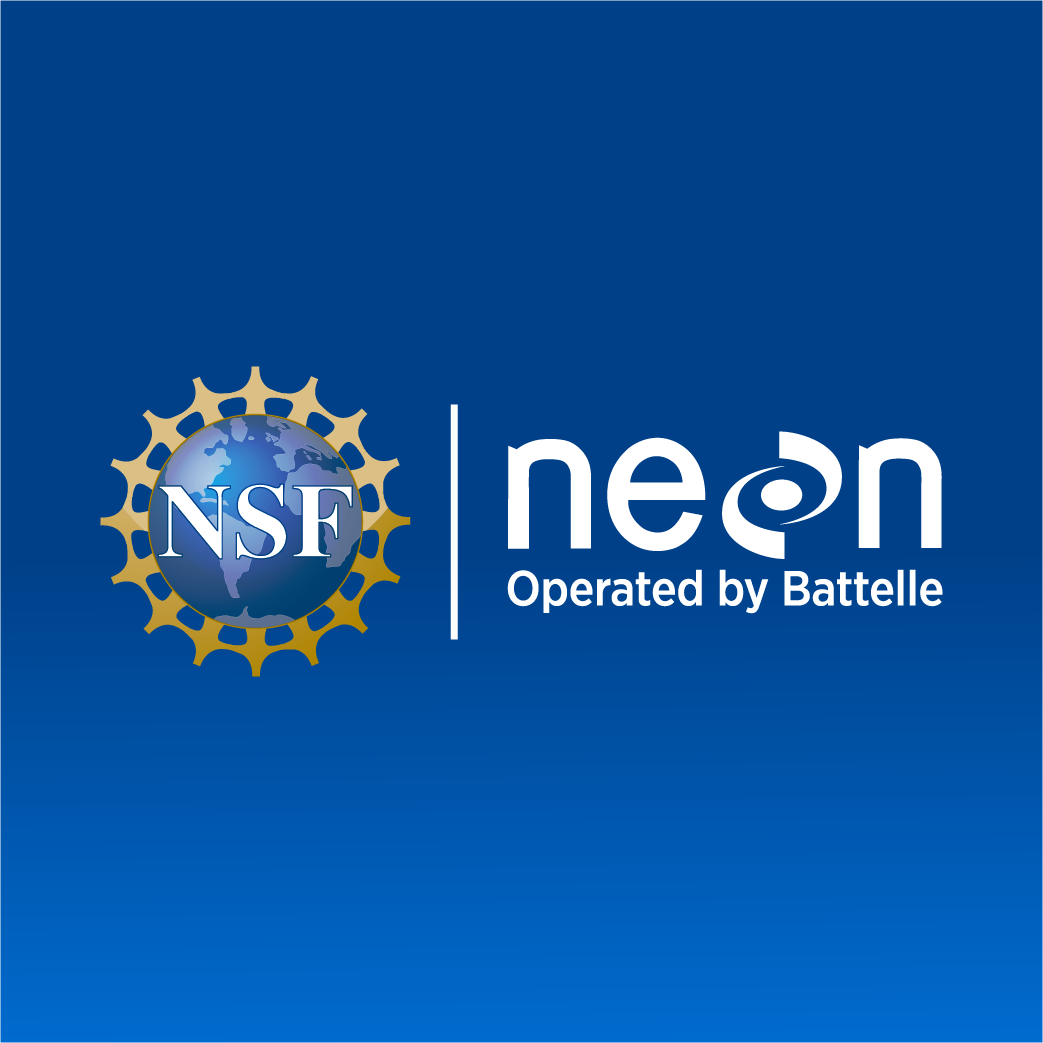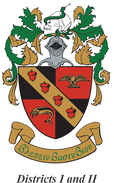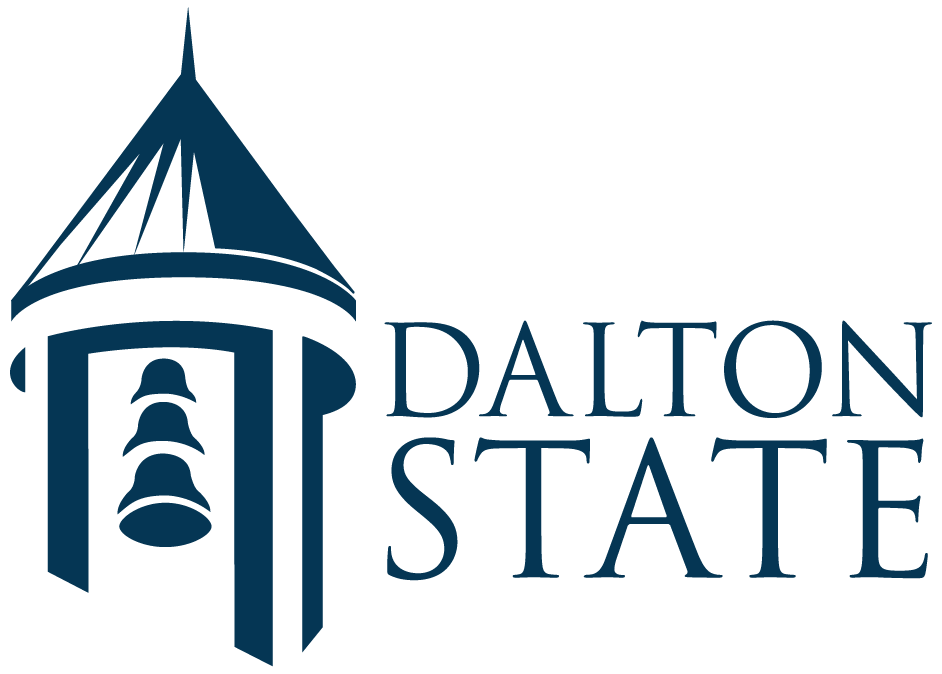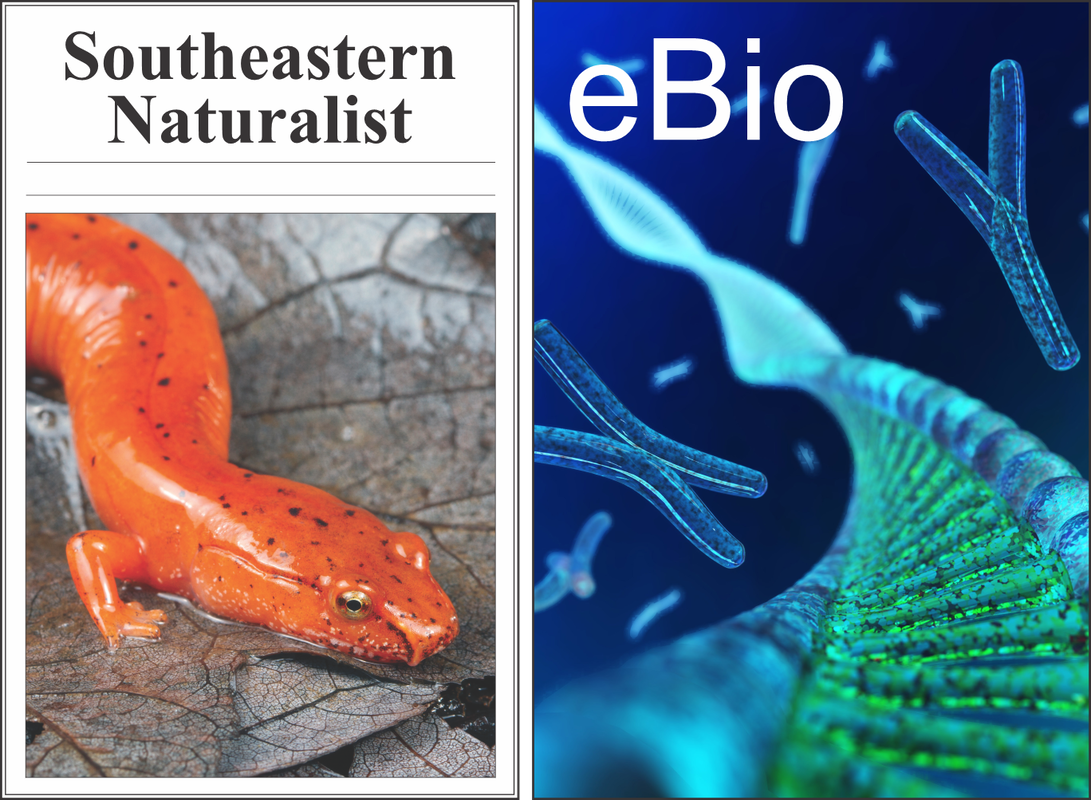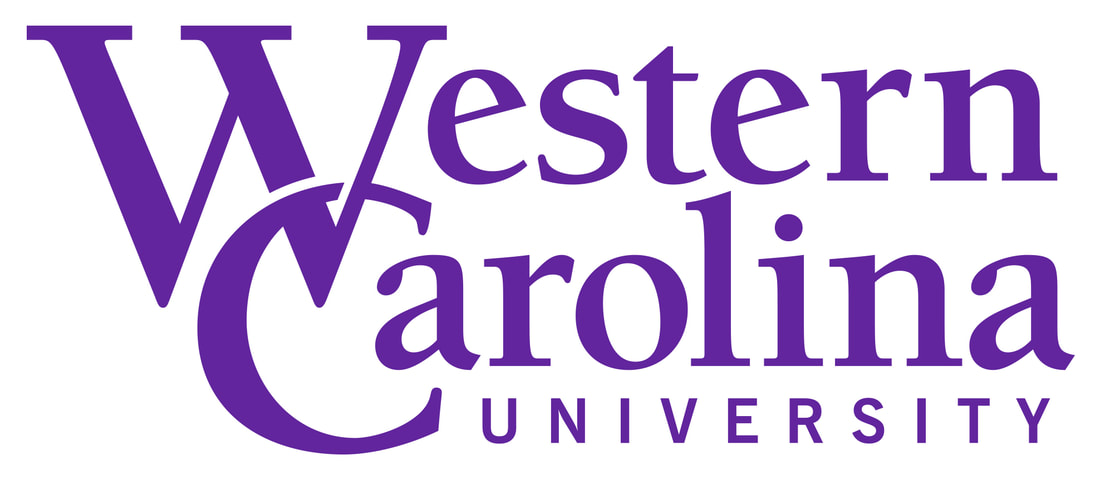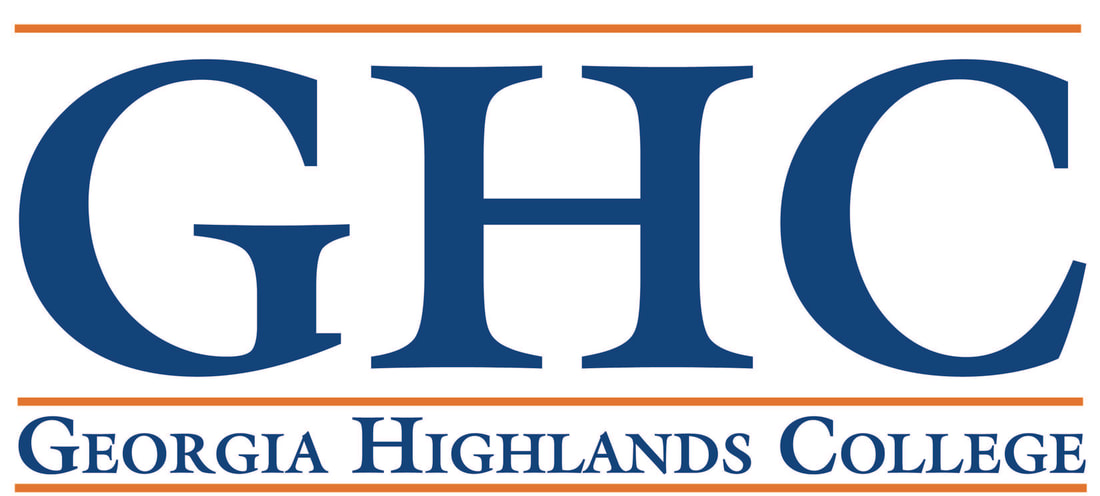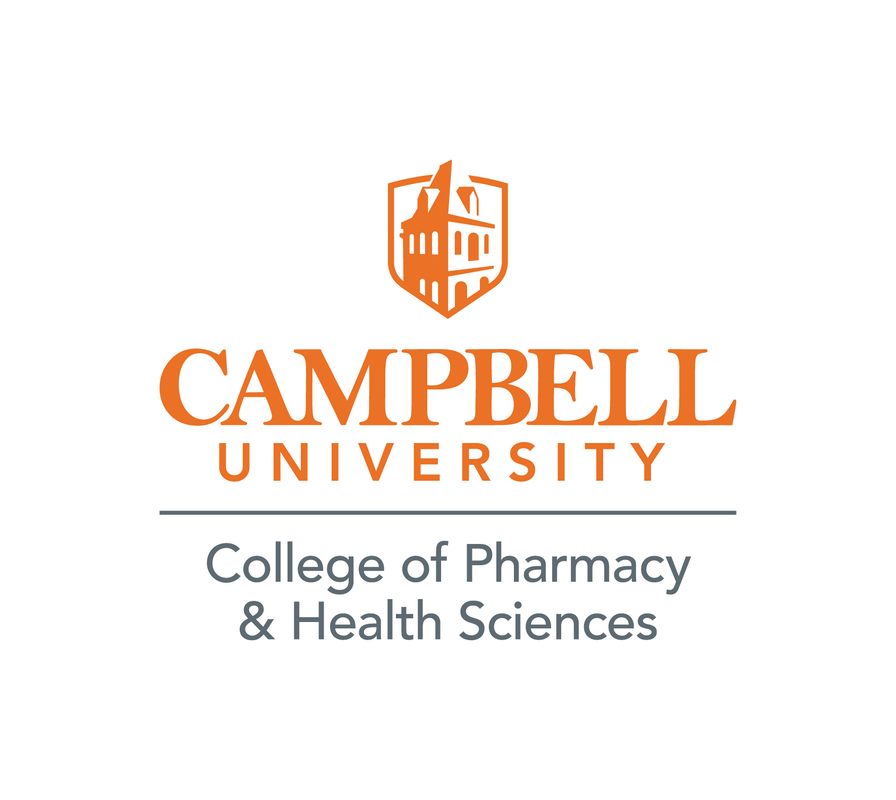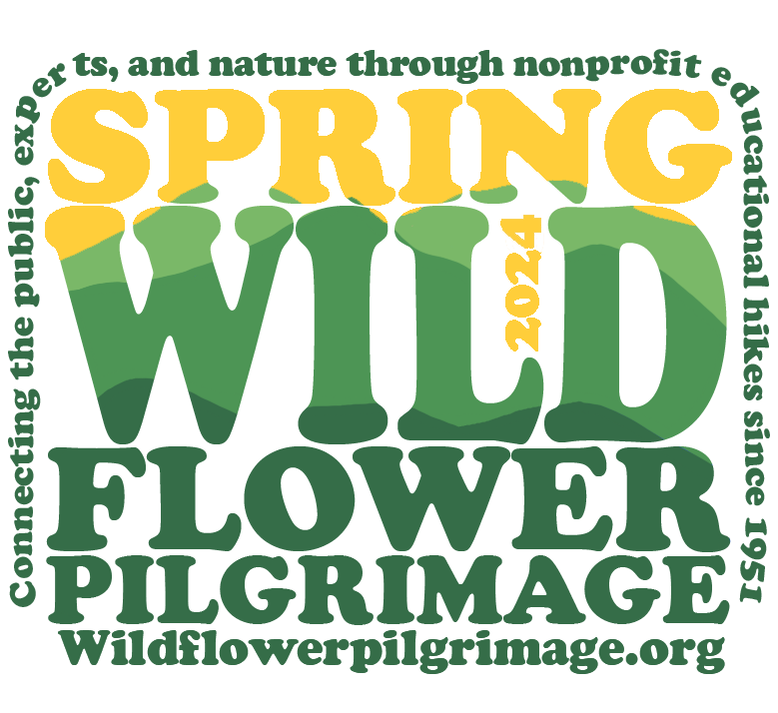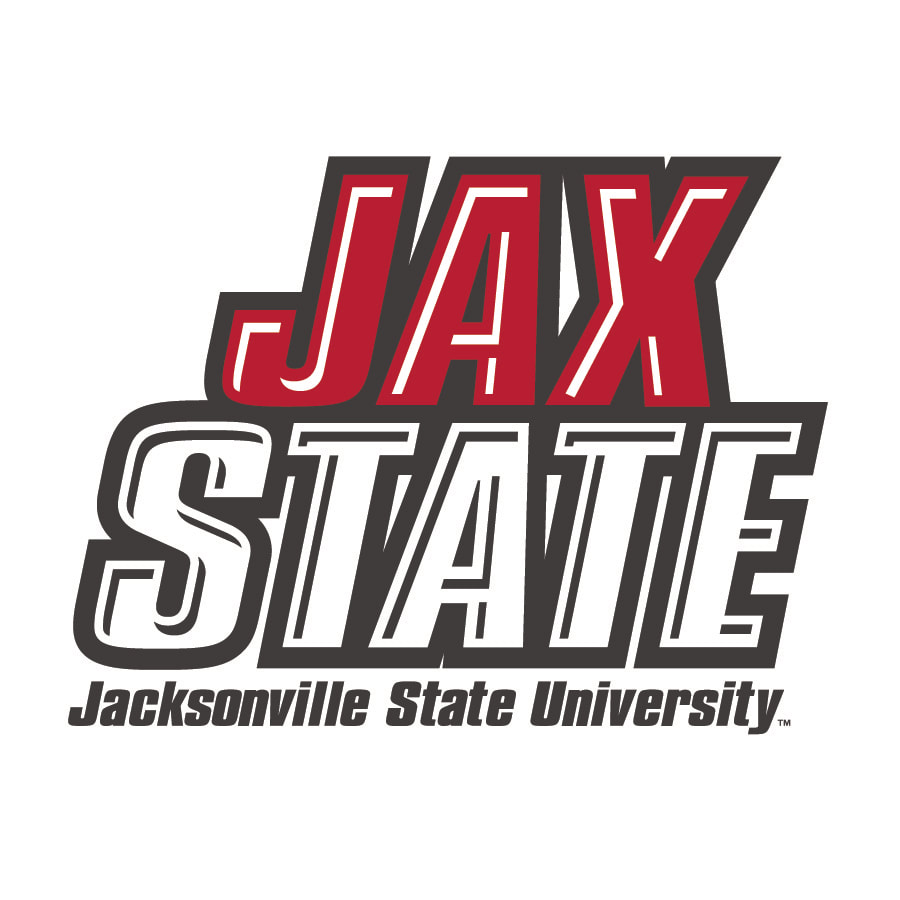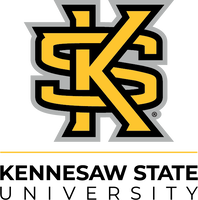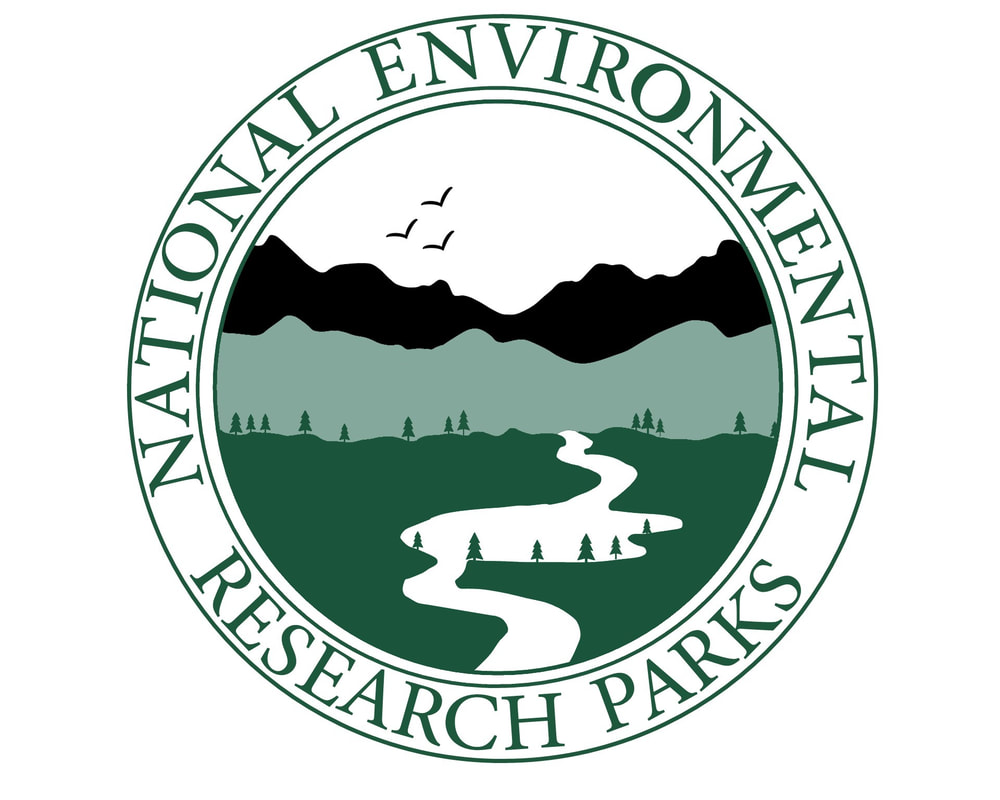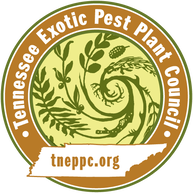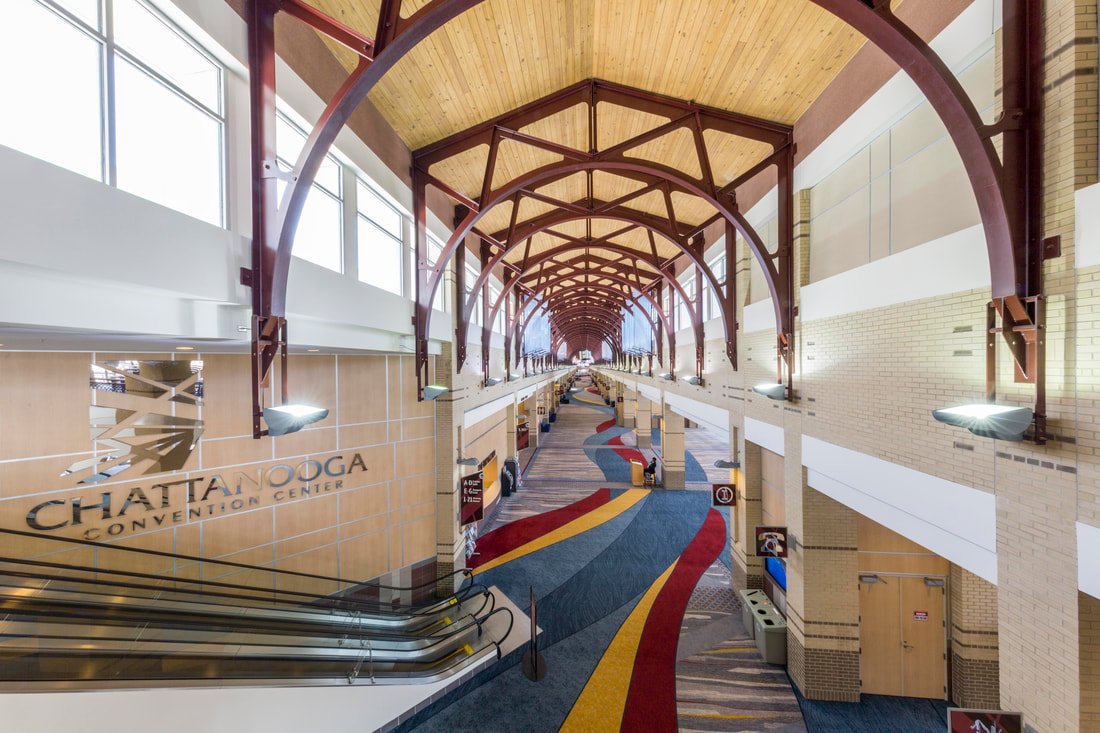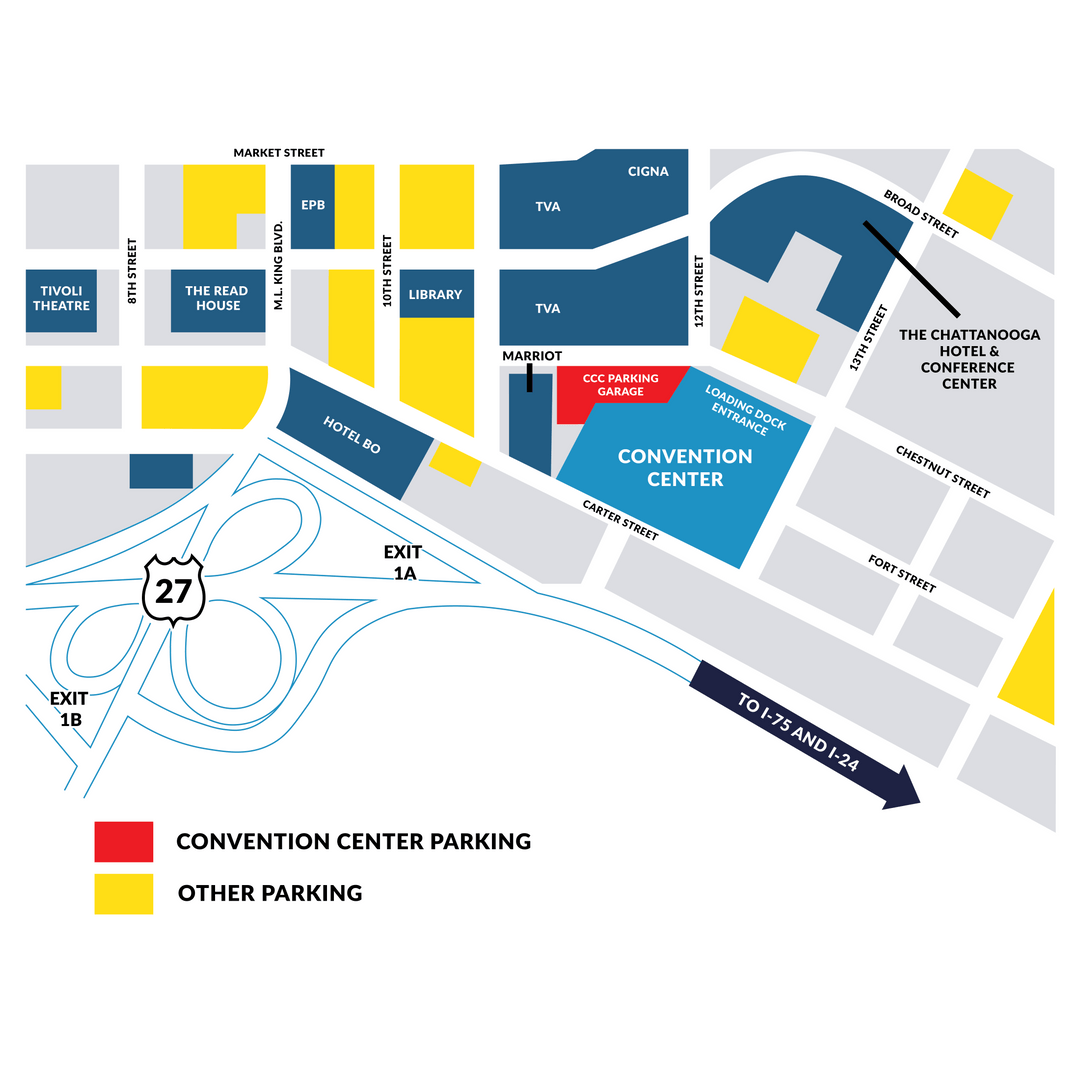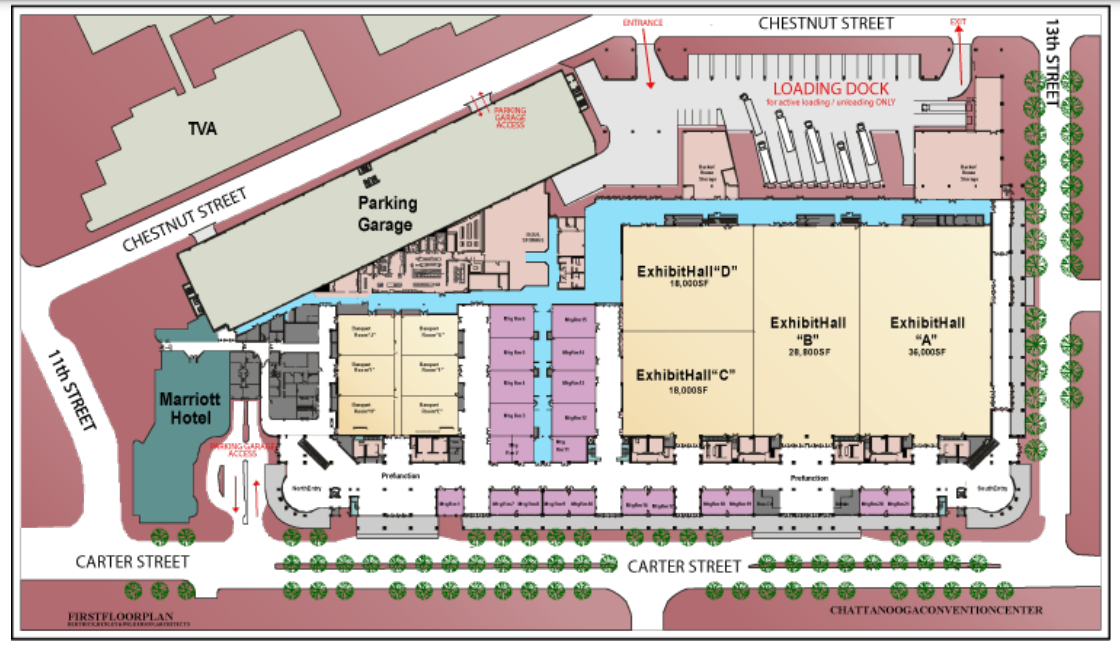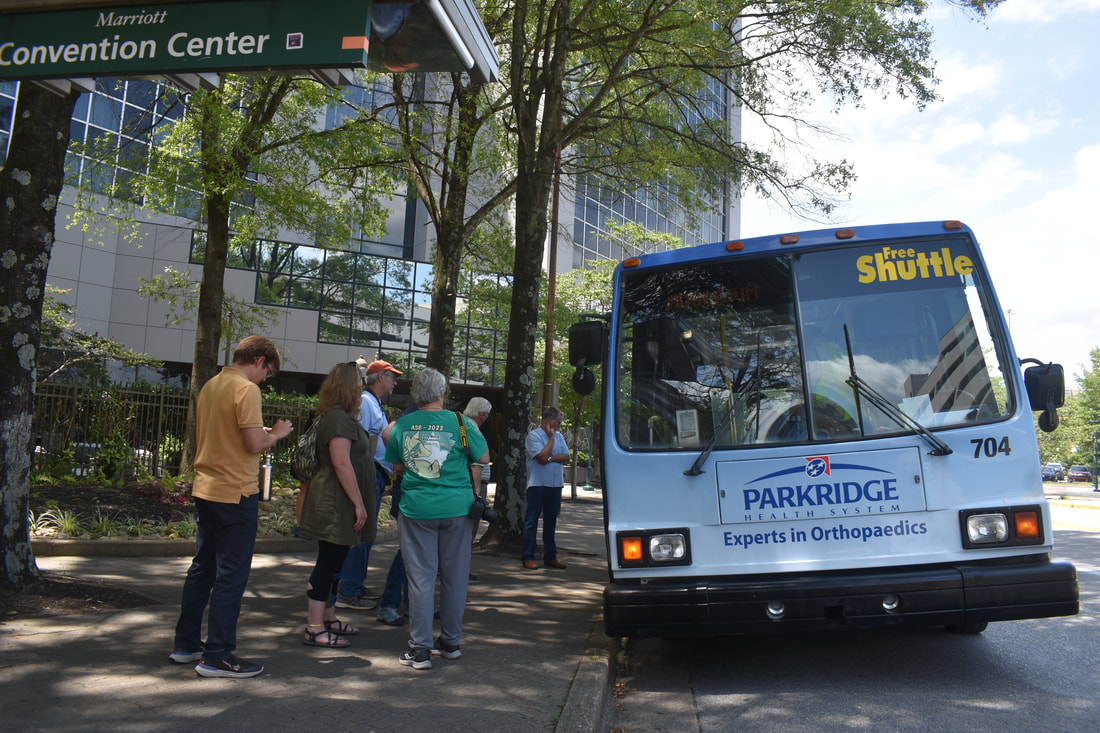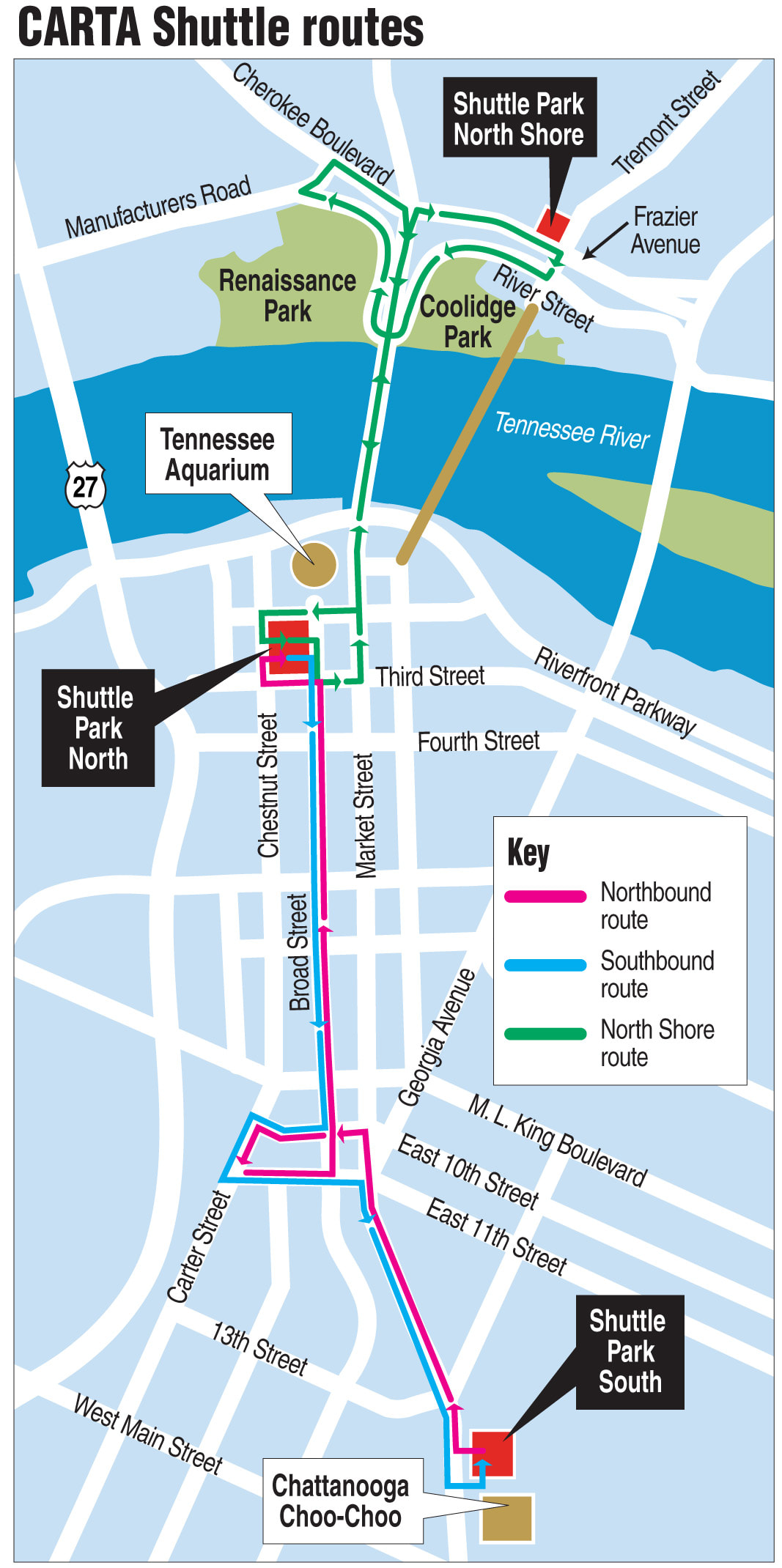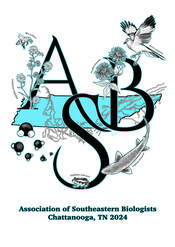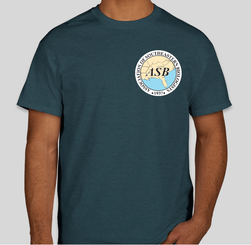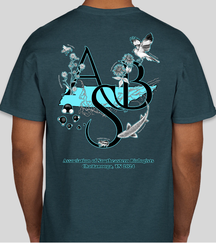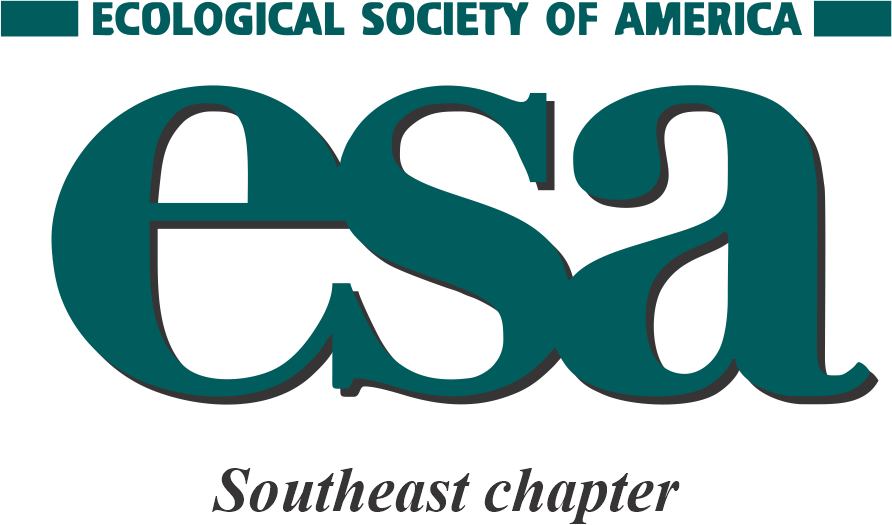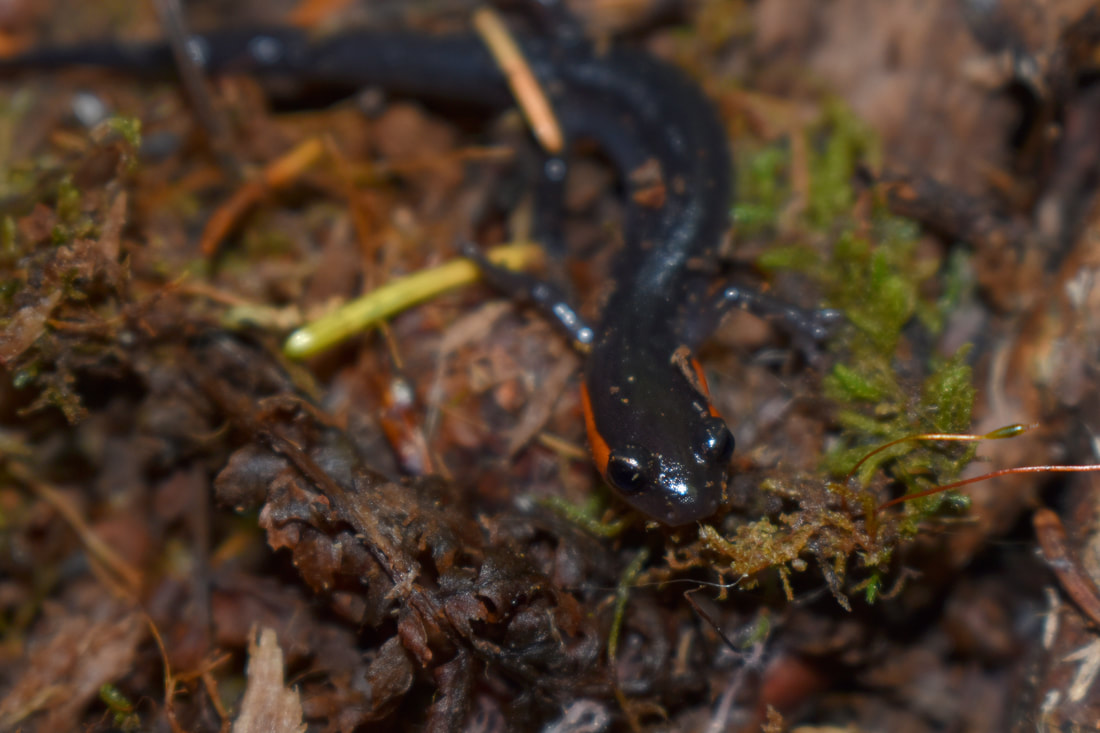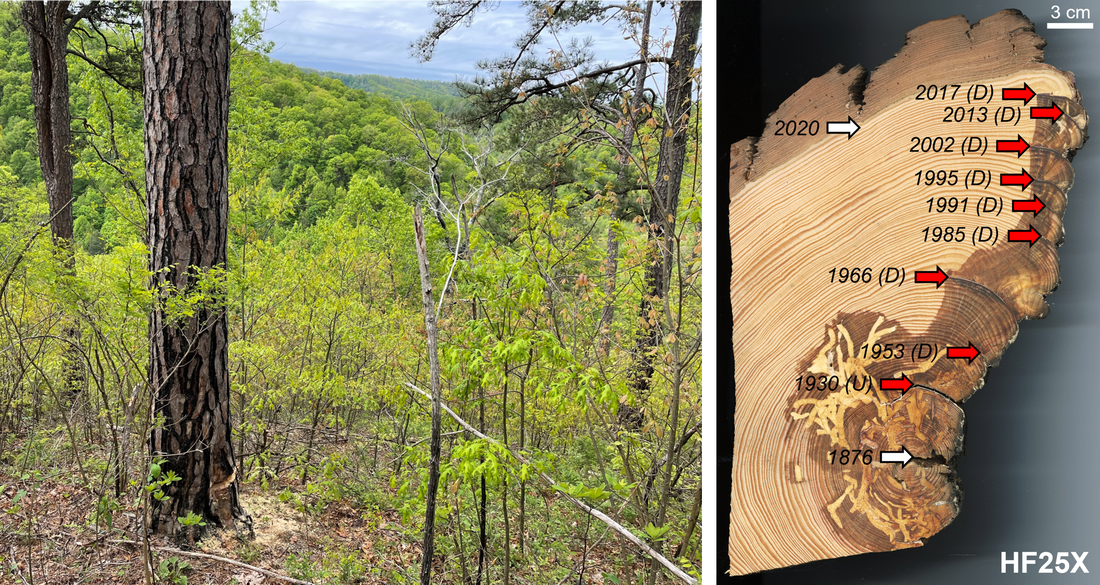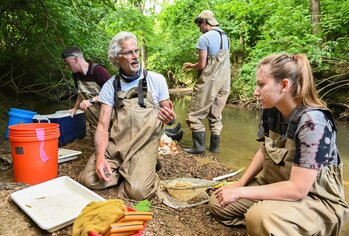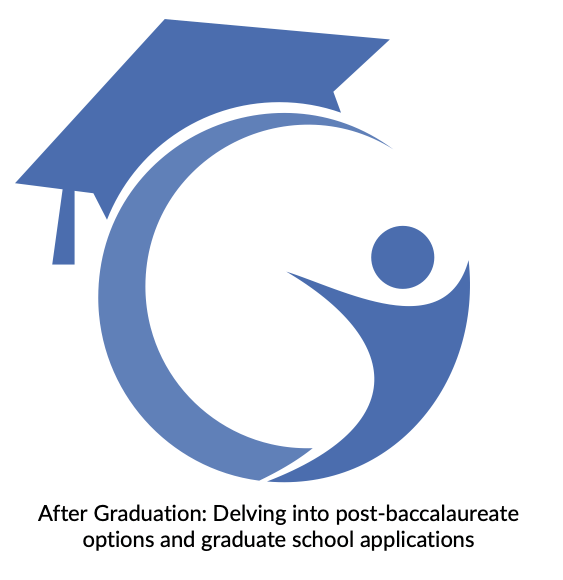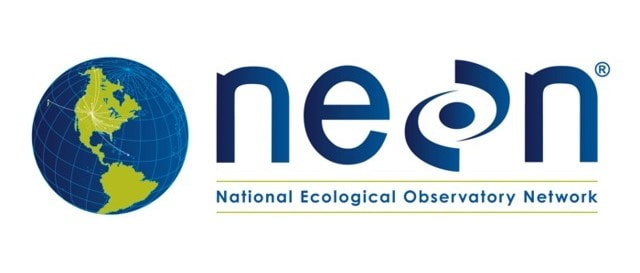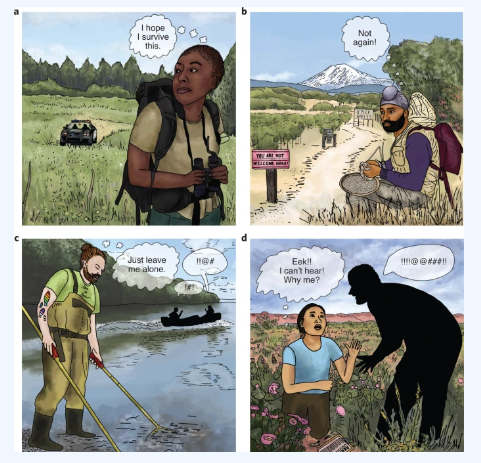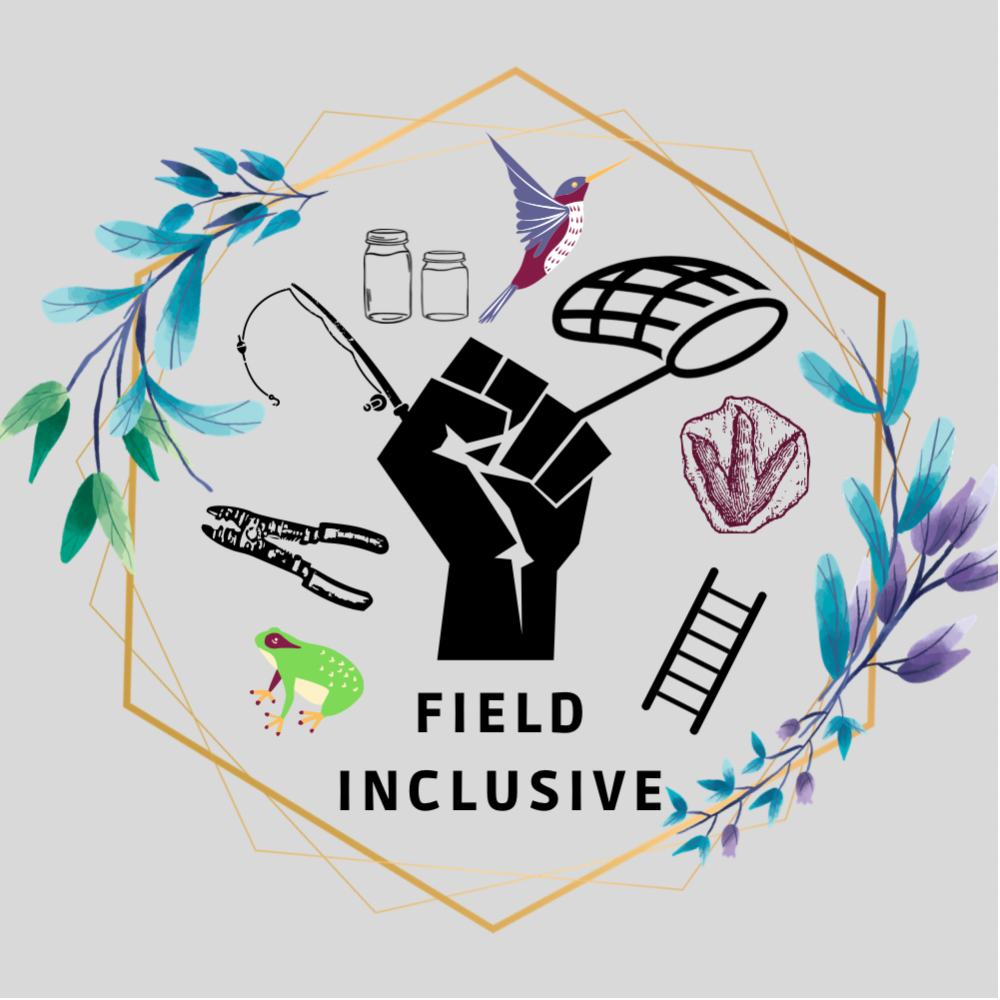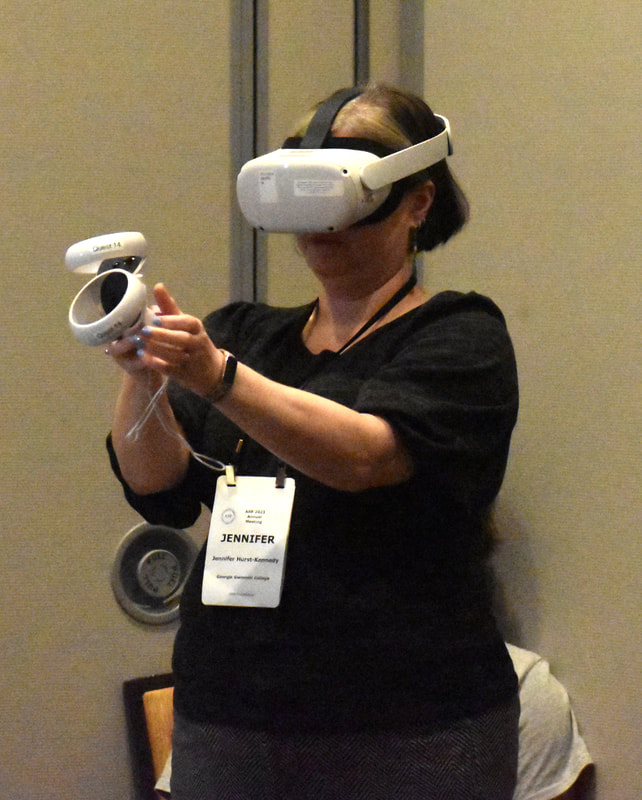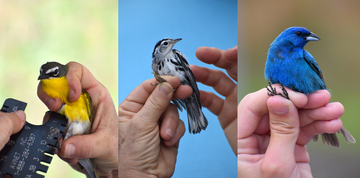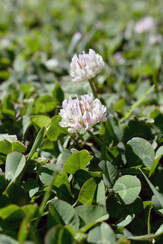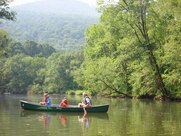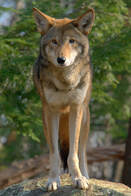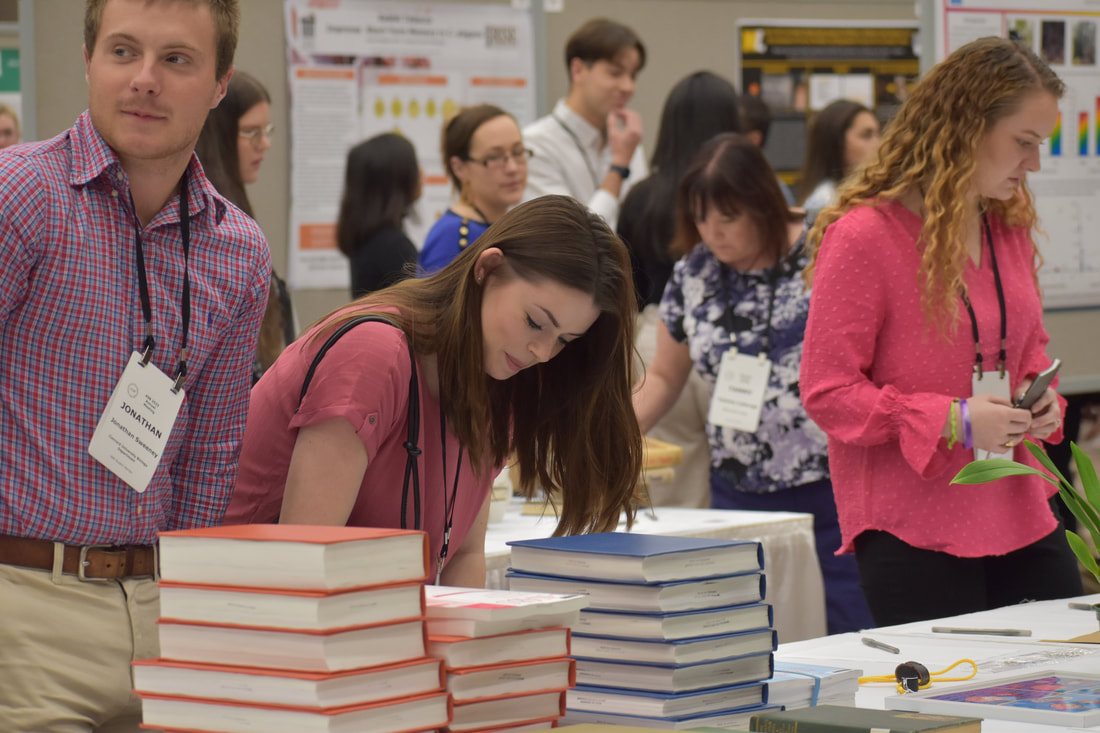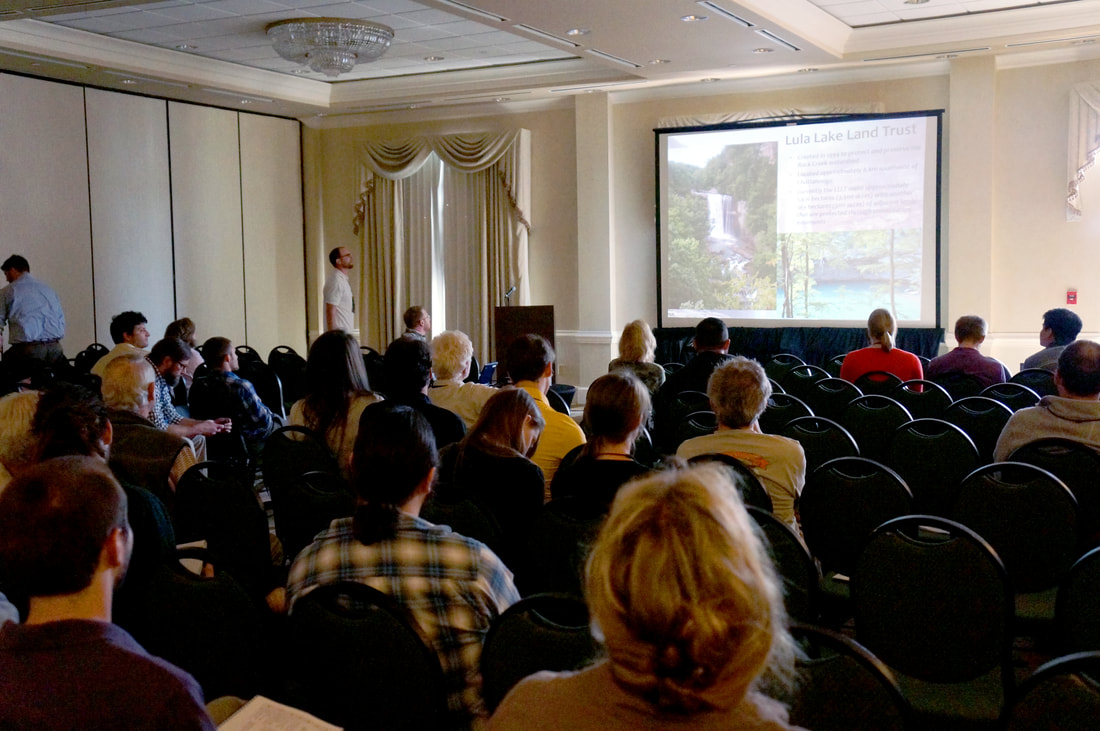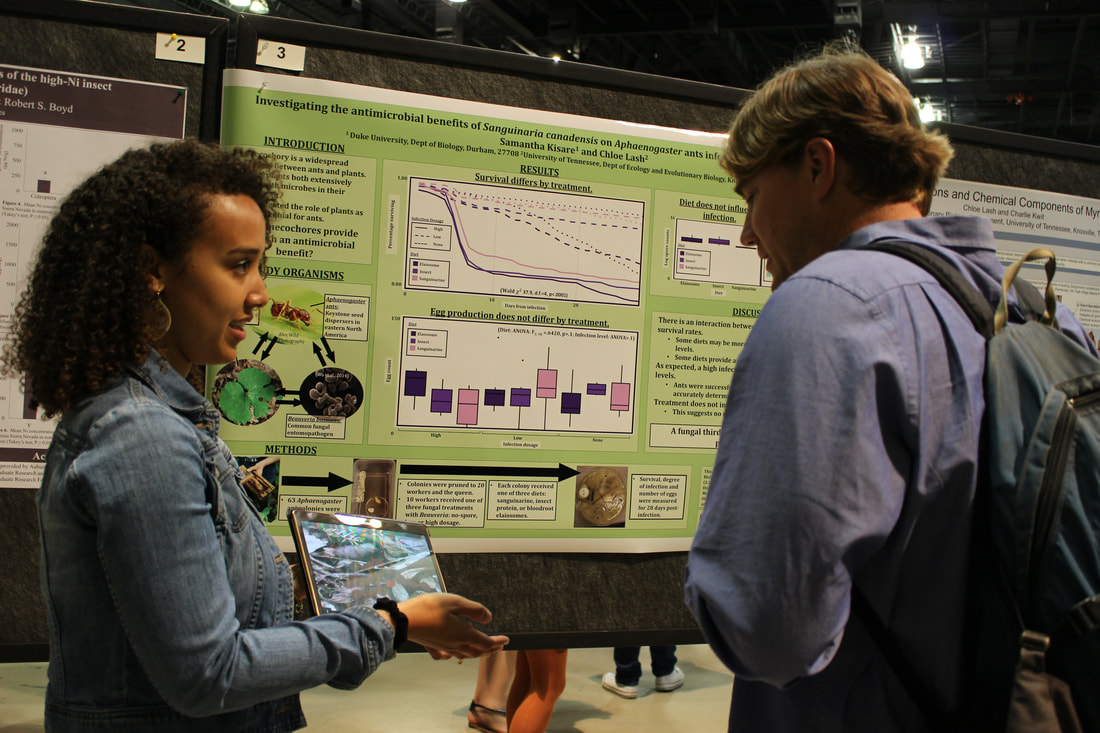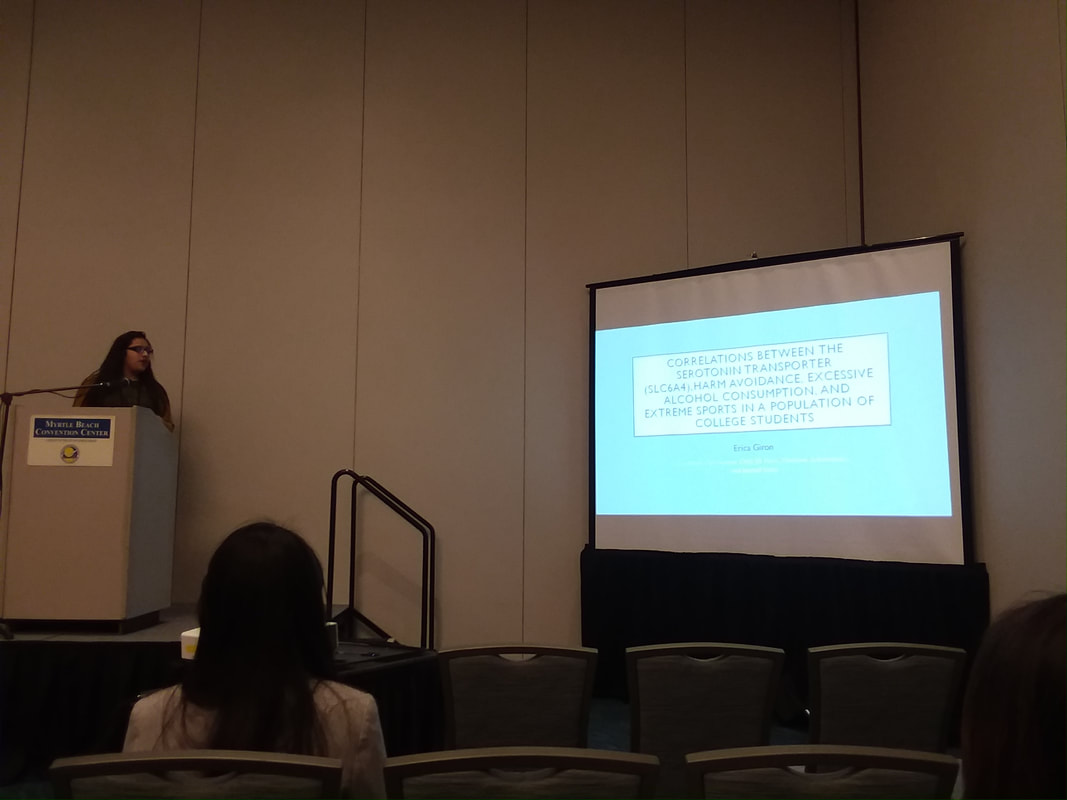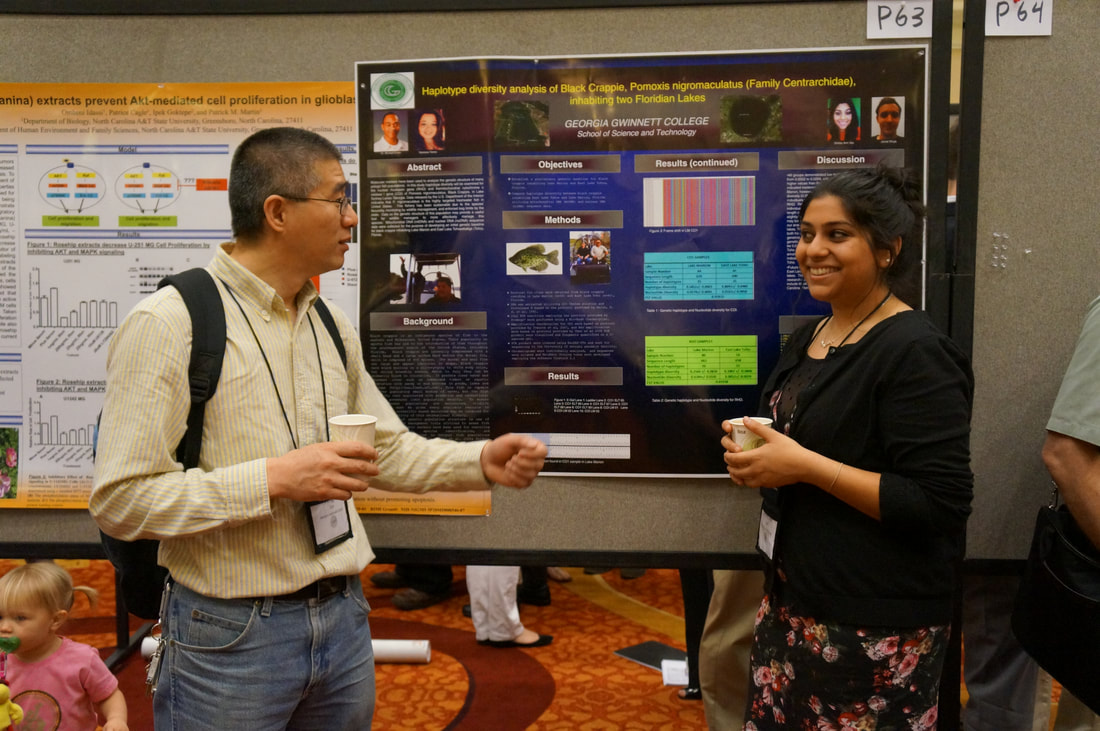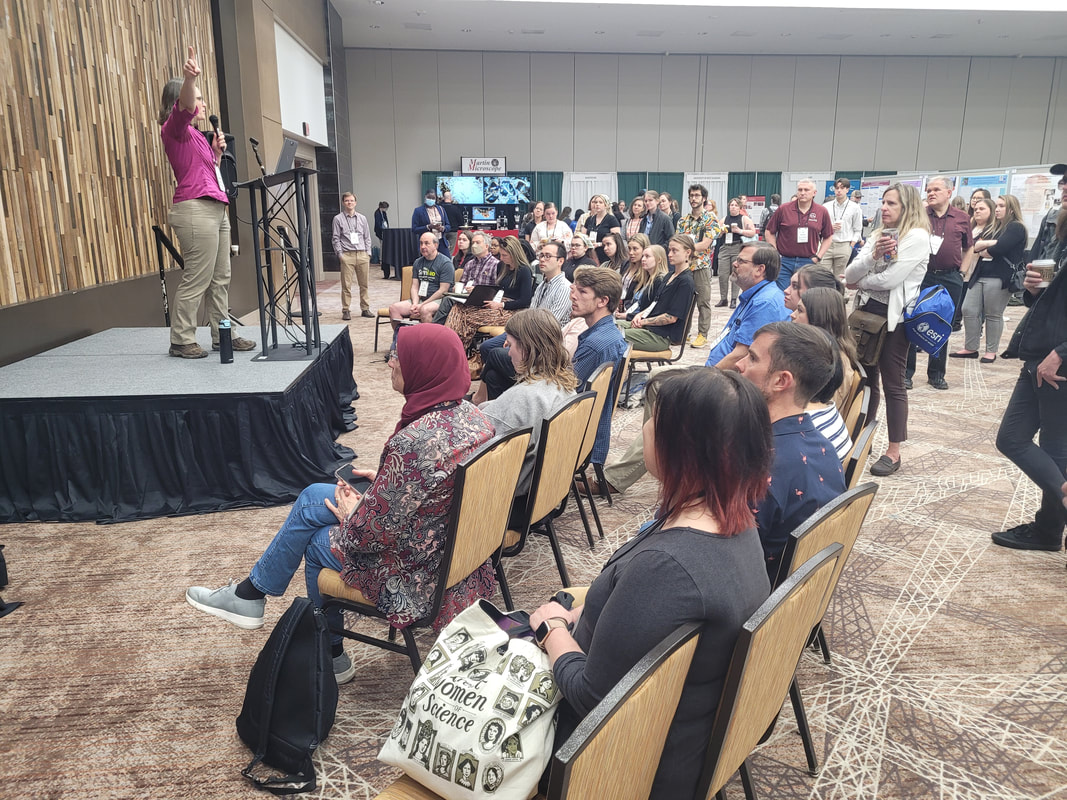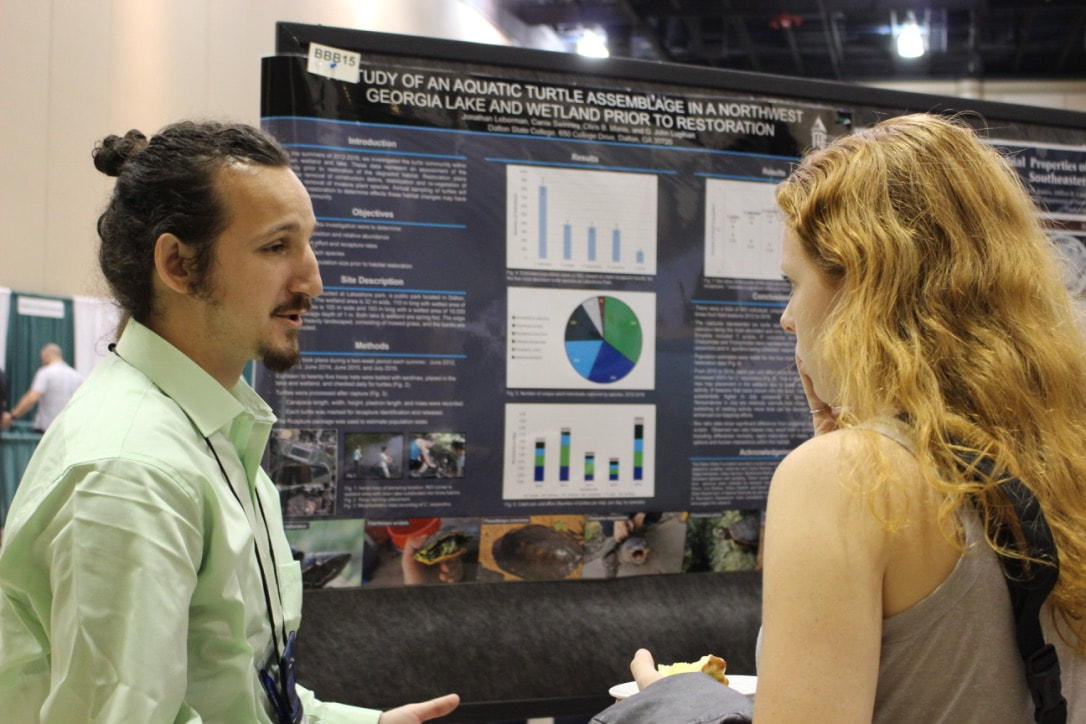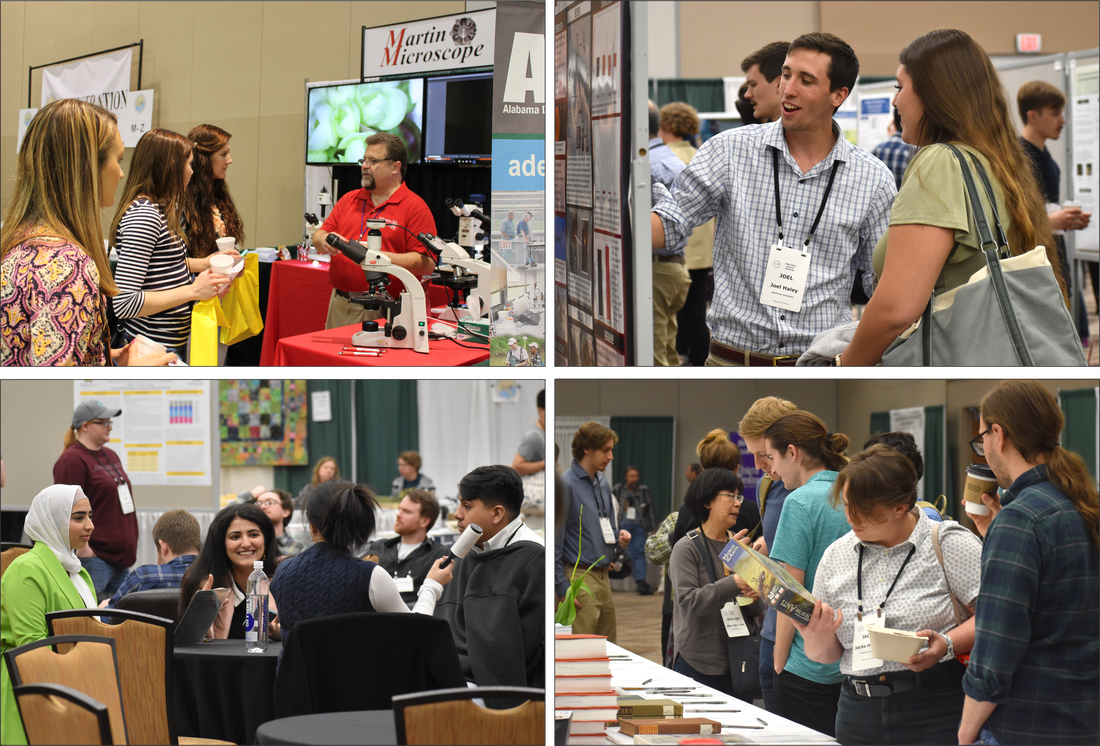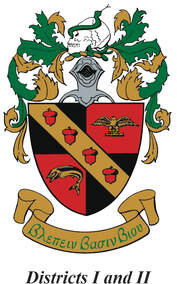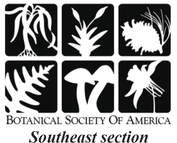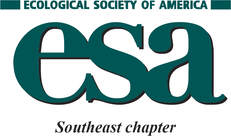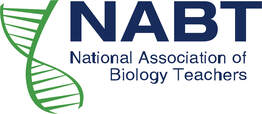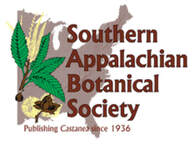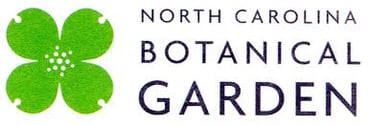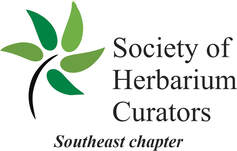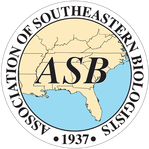85th Annual Meeting of the Association of Southeastern Biologists
*To receive regular email updates about our meeting, become a member or register for the meeting.
*Login to the online ASB2024 meeting program requires registration to the meeting. Use the same email you used at registration.
HOLD THE PROGRAM IN YOUR HAND!
- Search your iOS or Android app store for ASB 2024 (Confex is the developer)
- Download the ASB 2024 app on your device.
- Sign in to the ASB 2024 app with the email address and password you used at Registration.
In the App, you can browse through Presentations, navigate to the Meeting Schedule, find People attending the meeting, explore the Floor Plans of the Convention Center and visit Exhibitors and Featured Institutions who will be in the Exhibit Hall. Use the My Schedule function to keep track of Presentations, Symposia and Workshops you want to attend during ASB 2024.
If you are a Judge, assignments will be available in the near future (bottom of the App homepage).
If you are a Judge, assignments will be available in the near future (bottom of the App homepage).
ASB 2024 R.H. Martin Plenary Speaker
Plenary March 20, 6:30-8:00PM
Post-Plenary Reception (ticketed event) 8:00-9:30PM
Post-Plenary Reception (ticketed event) 8:00-9:30PM
What Lies Below?
From the depths of the oceans, to Arctic soils frozen for millions of years, to deep volcanic gases, Earth’s subsurface is alive with some of the most diverse ecosystems on the planet. I will describe what we’ve learned about these hard-to-reach ecosystems where chemical power, rather than photosynthesis, supports the base of the food chain. What we’ve found has fundamentally changed what we know about the tree of life and challenged our conceptions of what types of habitats can support life. My personal quest to find life deep underground has taken me to the bottom of the ocean in submersibles, into active volcanic craters, and frozen landscapes that have more polar bears than people. By combining adventure with discovery, our work is paving the way for our search for life outside our Earthly home.
|
Dr. Karen G. Lloyd
Dr. Karen G. Lloyd is currently a Professor at the University of Tennessee and will be the Wrigley Professor of Earth Science at the University of Southern California starting August 2024. Her lab uses molecular biological techniques and geochemistry to study the diversity and functions of microbial life in the deep-sea, mud volcanoes, subseafloor sediments, methane seeps, terrestrial volcanoes, hot springs, serpentinizing springs, Arctic fjords, and ancient permafrost. Much of her work focuses on exploring how individual microbial cells may live for thousands of years in these deep subsurface realms.
|
|
|
About the R.H. Martin Plenary
Robert H. Martin, founder and owner of Martin Microscope Company from 1946 until his death in 2006, was an avid supporter of ASB and of the sciences in general. He supported ASB for decades as a Patron member and sponsor of the ASB Student Research Award, and, with his passing, his family established what has become the Robert H. Martin Plenary Address fund to help cover the costs of bringing in highly qualified speakers for the ASB annual meeting.
Robert H. Martin, founder and owner of Martin Microscope Company from 1946 until his death in 2006, was an avid supporter of ASB and of the sciences in general. He supported ASB for decades as a Patron member and sponsor of the ASB Student Research Award, and, with his passing, his family established what has become the Robert H. Martin Plenary Address fund to help cover the costs of bringing in highly qualified speakers for the ASB annual meeting.
Thursday Night Social
The Thursday Night Social is a chance for attendees at the Annual Meeting to let loose at a unique local venue with food, music, and fun! Tickets are required for this event and can be purchased with registration.
TRANSPORTATION: The Tennessee Aquarium is about a 20-minute walk from the Marriott, but ASB will provide shuttle service that will run throughout the event. You can also take CARTA's Downtown Electric Shuttle.
Featured Institutions
ASB partners with local universities and colleges, our Featured Institutions, so we may highlight their efforts in biological education, scholarship, and service and they can help support and host our Annual Meeting.
Annual Meeting Venue | Housing
Tucked between the mountains of Southeast Tennessee along the beautiful Tennessee River, Chattanooga is one of America's most breathtaking cities. named by Lonely Planet as the "Best in the U.S." and "10 U.S. destinations you need to see." In fact, the New York Times named Chattanooga one of the "Top 45 Places to go" in the World. Learn more about the city.
Why stay with ASB?
- Our Headquarter Hotels provide you the most comfortable, safe, and convenient location to stay during the meeting.
- ASB has negotiated special rates with these hotels, so staying here saves you money and time, and it helps ASB meet its contractual obligations.
- Staying at the headquarters hotels also gives you access to the latest information, should plans change.
ParkingMarriott Parking Rates:
Convention Center Parking Rates:
Chattanooga Public Parking (Yellow in map):
The Chattanooga Convention Center Parking Garage can be accessed off of Carter Street or Chestnut Street. The clearance is 7’3”. No trailers are allowed in the parking garage. Exhibitors can use the loading dock for active loading and unloading of vehicles. Once loading/unloading is completed vehicles must be removed. |
Transportation
|
CARTA's Downtown Electric Shuttle is the easiest way to get around downtown and it's free! Electric buses run daily from the Chattanooga Choo Choo to the Tennessee Aquarium.
if you are coming from the airport, it is best to use a ride-sharing service.
|
2024 T-Shirt Design
The ASB 2024 T-shirt design contest winner is Rebecca Lewis, a senior Marine Science major with a minor in Illustration from Jacksonville University, Jacksonville FL. Rebecca will receive complimentary registration and tickets to events. T-shirts featuring her design will be available for purchase during registration.
Congratulations, Rebecca!
Congratulations, Rebecca!
Special Events
Proposal submissions for special events are now closed. Check back to see what #ASB2024 will offer.
Learn more about special events HERE.
Learn more about special events HERE.
Symposia
Southeast Chapter of the Ecological Society of America – Climate Change Ecology in Southeastern Systems
|
Organizer: Jennifer Boyd, University of Tennessee at Chattanooga
The rapid pace of contemporary climate change challenges organisms, populations, species, and overall biodiversity. Ecologists will describe their research on the impacts of climate change on a variety of taxonomic groups in diverse southeastern systems. This session is sponsored by the Southeast Chapter of the Ecological Society of America, which serves to support and promote ecology and ecologists throughout our region. |
Conservation of Southern Appalachian Salamanders
|
Organizer: Thomas Wilson, University of Tennessee at Chattanooga
The southern Appalachian Mountains are one of the most biologically diverse regions in the temperate world. This region is home to nearly 10,000 species, with more discovered each year, some of which are new to science. The region has 8.2 million acres of usable habitat and roughly 33,000 miles of streams. This synergy makes it home to more salamander species than any other place on Earth! Several of the salamanders found in this region are either endangered, threatened, or of special concern. The region is also home to hundreds of species of fish, mussels, crayfish, aquatic insects and others. |
Fire History and Fire Effects in Southeastern U.S. Ecosystems—Implications for Management
Organizers:
Kyle Palmquist, Marshall University
Tom Saladyga, Concord University
Fire is an essential biophysical process in many Southeastern U.S. ecosystems and it is a unifying theme among researchers, land managers, and policy-makers throughout the region. This symposium brings together speakers whose work contributes to the conservation and management of fire-dependent or fire-adapted ecosystems across the U.S. Southeast. Individual talks will highlight recent and ongoing research with a focus on the historical context of fire and its effects on vegetation structure and biodiversity. The interdisciplinary nature of the symposium will provide a unique opportunity to discuss future research directions and regional collaborations.
Kyle Palmquist, Marshall University
Tom Saladyga, Concord University
Fire is an essential biophysical process in many Southeastern U.S. ecosystems and it is a unifying theme among researchers, land managers, and policy-makers throughout the region. This symposium brings together speakers whose work contributes to the conservation and management of fire-dependent or fire-adapted ecosystems across the U.S. Southeast. Individual talks will highlight recent and ongoing research with a focus on the historical context of fire and its effects on vegetation structure and biodiversity. The interdisciplinary nature of the symposium will provide a unique opportunity to discuss future research directions and regional collaborations.
Women in Biology Inspired by Women in Biology
Organizers: Lorance Bradford and Jennifer Boyd, University of Tennessee at Chattanooga
The Women in Natural Sciences (WINS) student organization at the University of Tennessee at Chattanooga supports women who are pursuing careers in the natural sciences through educational, mentoring, and networking opportunities. In honor of Women's History Month, WINS has invited women scientists from this year’s ASB host city to describe their current research in biology and how it has been inspired by the past work of women in the field. Through this symposium, UTC WINS aims to elevate the diverse and significant contributions of women to the biological sciences.
The Women in Natural Sciences (WINS) student organization at the University of Tennessee at Chattanooga supports women who are pursuing careers in the natural sciences through educational, mentoring, and networking opportunities. In honor of Women's History Month, WINS has invited women scientists from this year’s ASB host city to describe their current research in biology and how it has been inspired by the past work of women in the field. Through this symposium, UTC WINS aims to elevate the diverse and significant contributions of women to the biological sciences.
SYMPOSIUM: Memoirs in Aquatic Biology: A Tribute to Dr. Mark Schorr—Teacher, Mentor, and Scientist
Organizer: Thomas P. Wilson, University of Tennessee at Chattanooga
Dr. Mark Schorr was a long-time member of ASB who passed away in August of 2022. Mark was an esteemed mentor and scientific pioneer who developed methods that had a major impact on how we understand water quality in the big picture of environmental biology. He played a critical role in shaping the environmental science at The University of Tennessee at Chattanooga. This symposium is dedicated to his memory and a way for his legacy to live on in all those he influenced.
Dr. Mark Schorr was a long-time member of ASB who passed away in August of 2022. Mark was an esteemed mentor and scientific pioneer who developed methods that had a major impact on how we understand water quality in the big picture of environmental biology. He played a critical role in shaping the environmental science at The University of Tennessee at Chattanooga. This symposium is dedicated to his memory and a way for his legacy to live on in all those he influenced.
Workshops and Panels
After Graduation: Delving into post-baccalaureate options and graduate school applications
|
Organizers:
Shoshana Katzman, Agnes Scott College Jeremy Rentsch, Francis Marion University Jennifer Mandel, University of Memphis This workshop will introduce students and advisors to the many post-baccalaureate options that they can pursue as well as address participants’ awareness of the key elements of successful graduate school applications. The workshop will begin by introducing both students and faculty to different options that students have to reach their final career goals once they finish their undergraduate degree. The world of post-baccalaureate certificate programs and graduate masters programs can be confusing and hard to maneuver for both mentors, advisors, and students. We will discuss the different types of programs available and how students and advisors can navigate this topic to find a good fit for their future career goals. We will then have a networking event to allow students and advisors to ask questions. After the networking event students will discuss ways to enhance their graduate school applications, we will have an interactive moderated discussion with the help of experienced ASB members who will serve as panelists and answer prepared and real-time participants’ follow up questions related to the topic of graduate school applications. There will also be short exercises throughout the workshop that will help attendees experience successful strategies for career development. |
Fulbright Opportunities for Biologists
Organizers:
Lytton Musselman, Old Dominion University
Jay Bolin, Catawba College
Mac Alford, The University of Southern Mississippi
Four Fulbright alumni (scholars and students) will discuss opportunities in the Fulbright Program and how these opportunities can enhance one's research, teaching, and personal fulfilment. Workshop organizers will provide advice on the application and personal reflections on the benefits and challenges.
Lytton Musselman, Old Dominion University
Jay Bolin, Catawba College
Mac Alford, The University of Southern Mississippi
Four Fulbright alumni (scholars and students) will discuss opportunities in the Fulbright Program and how these opportunities can enhance one's research, teaching, and personal fulfilment. Workshop organizers will provide advice on the application and personal reflections on the benefits and challenges.
---
This event has been canceled.
Our redesigned and revamped Eastern Biologist journal–eBio
Organizer: Veronica Segarra, Editor eBio
In 2023, ASB’s laboratory-based journal Eastern Biologist was rebranded and redesigned into the new journal eBio. One of the goals of this 1.5-hour workshop is to share this redesign with the ASB membership, including the changes that have been made to the journal. The workshop will also provide on-site guidance to help authors get their manuscripts ready for submission to eBio. After a short introduction describing the new eBio and important updates, eBio editors will be available to potential eBio authors for feedback on their manuscripts drafts. Authors are encouraged to bring their drafts and figures, Editorial Board members would be happy to guide them through next steps.
In 2023, ASB’s laboratory-based journal Eastern Biologist was rebranded and redesigned into the new journal eBio. One of the goals of this 1.5-hour workshop is to share this redesign with the ASB membership, including the changes that have been made to the journal. The workshop will also provide on-site guidance to help authors get their manuscripts ready for submission to eBio. After a short introduction describing the new eBio and important updates, eBio editors will be available to potential eBio authors for feedback on their manuscripts drafts. Authors are encouraged to bring their drafts and figures, Editorial Board members would be happy to guide them through next steps.
The Only Constant is Change: Programmatic Workflows to Access, Prepare, and Work with NEON Data
Organizers: Laura Nagel and Margaret Cumberland, National Ecological Observatory Network
The National Ecological Observatory Network (NEON) collects and provides open ecological data from over 80 locations across the United States to better understand how U.S. ecosystems are changing. NEON data cover a wide range of subject areas within ecology, including organismal observations, biogeochemistry, remote sensing, and micrometeorology. Some datasets already span several years of data collection. This workshop will provide an introduction to discovering, accessing and preparing small mammal observation data, primarily using R. The workshop will be divided into two sections of roughly equal length. The first section will feature an introductory presentation highlighting NEON educational resources for accessing and working with NEON data, an overview of the NEON small mammal data collection protocol, and an introduction to the NEON data portal. The second section will include a code-along guide to (a) accessing data through the NEON API from an R environment using the neonUtilities and geoNEON R packages, (b) understanding the contents and quality of various data packages, and (c) performing common data merges, visualizations, summarizations, and transformations with NEON small mammal data. Basic familiarity with R is required for participation in the workshop.
The National Ecological Observatory Network (NEON) collects and provides open ecological data from over 80 locations across the United States to better understand how U.S. ecosystems are changing. NEON data cover a wide range of subject areas within ecology, including organismal observations, biogeochemistry, remote sensing, and micrometeorology. Some datasets already span several years of data collection. This workshop will provide an introduction to discovering, accessing and preparing small mammal observation data, primarily using R. The workshop will be divided into two sections of roughly equal length. The first section will feature an introductory presentation highlighting NEON educational resources for accessing and working with NEON data, an overview of the NEON small mammal data collection protocol, and an introduction to the NEON data portal. The second section will include a code-along guide to (a) accessing data through the NEON API from an R environment using the neonUtilities and geoNEON R packages, (b) understanding the contents and quality of various data packages, and (c) performing common data merges, visualizations, summarizations, and transformations with NEON small mammal data. Basic familiarity with R is required for participation in the workshop.
Social Field Safety : Being more inclusive and understanding risks for marginalized and historically excluded individuals who professionally work outdoors
|
Organizers:
Murry Burgess, Mississippi State University Lauren Pharr, North Carolina State University When it comes to experiencing the outdoors, not everyone’s experiences are equal. Additionally, individuals who carry out fieldwork as a part of their job or research program experience a higher risk of conflict due to identity prejudice. At risk individuals, which include minority identities of the following: race/ethnicity, sexual orientation, disability, gender identity and/or religion, are more likely to be either harassed or questioned in certain settings while carrying out fieldwork (Demery et al. 2020). Everyone deserves to have a safe experience in the outdoors; therefore, it is important to continue to bring forth awareness, and support marginalized and historically excluded individuals who professionally work outdoors in any natural resources field. |
|
This workshop will be given by representatives of Field Inclusive (FI), a new nonprofit dedicated to helping prioritize social field safety (i.e. interactions with the general public or other individuals) both on an individual and institutional level. Information will cover the history of minorities and outdoor experiences, the founding of FI, and strategies and suggestions that institutions and organizations can use in order to provide a safe environment for their researchers.
Learn more about field inclusive: https://www.fieldinclusive.org/ |
Stories from the Field: Best practices for Field Experiences
Organizer: Steph Jeffries, North Carolina State University
Were you inspired by a field course that stayed with you long after the chigger bites and sunburn healed? Do you want to offer your own field experiences, but are not sure where to start? Join us for a lively discussion that covers the planning and execution of field experiences (labs, courses, and field trips), invites participation, and shares best practices.
Field courses are the mainstay of many programs in biology, but are disappearing due to complicated logistics and safety concerns. This workshop will remind us that field courses often are what got us into biology.
Were you inspired by a field course that stayed with you long after the chigger bites and sunburn healed? Do you want to offer your own field experiences, but are not sure where to start? Join us for a lively discussion that covers the planning and execution of field experiences (labs, courses, and field trips), invites participation, and shares best practices.
Field courses are the mainstay of many programs in biology, but are disappearing due to complicated logistics and safety concerns. This workshop will remind us that field courses often are what got us into biology.
HONEY I BLEW UP THE MOLECULES: 3D PRINTING AS A MULTI-FACETED AND MULTI-DISCIPLINARY PEDAGOGICAL PRACTICE
|
Organizer: Carmony Hartwig, Catawba College
Interested in engaging your students with hands-on models that bring abstract theories to physical ‘life’? Join us on a journey into the world of 3D printing molecular models to help students understand more complex concepts such as drug-molecule interactions, mutational effects on protein structure, and macromolecular composition. During this session, we focus on ways to expand 3D print models into larger course projects that incorporate multiple digital pedagogies such as: Poster presentation with Augmented Reality (AR) apps, exploration of enzyme active sites with Virtual Reality (VR) programs...and beyond! We will brainstorm ways to use this practice in diverse curricula, and in a variety of applications, from drone technologies to field work. |
Field Trips
Bird Banding and Bird Watching
Organizer: David Aborn, University of Tennessee at Chattanooga
March 23, 8:00 AM-11:00 AM
Observe bird banding and learn about UTC professor Dr. David Aborn's ongoing bird migration research at Greenway Farm. Depending on how many birds are being caught, Dr. Aborn will lead participants on birding walks between net checks.
March 23, 8:00 AM-11:00 AM
Observe bird banding and learn about UTC professor Dr. David Aborn's ongoing bird migration research at Greenway Farm. Depending on how many birds are being caught, Dr. Aborn will lead participants on birding walks between net checks.
Plant Diversity and Botanical Exploration on the Cumberland Plateau (SABS)
|
Organizer: Joey Shaw, University of Tennessee at Chattanooga
March 23, 8:00 AM-2:00 PM Come join Joey Shaw for a short hike to see the spring wildflowers and some of the plant diversity of the Cumberland Plateau. The plateau, especially the forests in the cooler gorges and scour zones, are among the most floristically rich areas in the region. For 25 years Joey and his students have studied the flora of the plateau and the rest of the state. We will field trip to a rich plateau canyon and drainage into the Valley and Ridge physiographic province. Drivetime from Chattanooga will be approximately 30 minutes. We may hike a couple miles total. Please bring a lunch and whatever gear you feel appropriate to the weather prediction. |
Paddle Scenic Lookout Creek
|
Organizer: Corey Hagen, Director of Operations & Outreach, Reflection Riding
March 23, 9:00 AM-12:00 PM Enjoy a relaxing canoe trip on Lookout Creek. One of the Reflection Riding Naturalists will guide the trip and point out some of the native flora and fauna of the Chattanooga area. The trip will be two hours in duration, so please bring water, sun protection and a snack if needed. The creek is a slow flowing body of water, so no major rapids to deal with. If you would like, ask the naturalist for a pair of binoculars or you are welcome to bring your own. |
Red Wolves and Their Importance in our Landscape
|
Organizer: Corey Hagen, Director of Operations & Outreach, Reflection Riding
March 23, 9:00 AM-12:00 PM Reflection Riding has been a part of the Red Wolf recovery program since 1996. During that time, we have been one of the captive breeding locations and have developed curriculum around the Red Wolf SAFE (Saving Animals From Extinction) program. Join one of our Naturalists to learn a little bit about the SAFE program and how cooperators are making a difference. We will also go on a hike to meet the rest of our animal ambassadors. If there is time, we will hike out to a research grove of American Chestnut trees. |
Silent Auction
Bring items/BUy items to support students
|
The Silent Auction is an important fundraiser for the Enrichment Fund which provides support to help members attend the meeting. Please bring items you think might be of interest to attendees of our meeting. Items do not have to be related to the biological sciences, but this is a guaranteed shared interest among attendees. The items will be displayed in the Exhibit Hall during the meeting where anyone can place a bid. Bids close the last day of presentations, then the highest bidder pays for the item at the ASB booth and takes it home. Plan ahead and set aside items for the auction throughout the year, but don’t forget to bring them to the meeting!
|
Luncheons and Receptions
Education Committee Lunch and Learn
March 21, 12:00 PM
ASB Human Diversity Committee Lunch
March 21, 12:00 PM
SABS/BSA Business Meeting (Members only please)
March 21, 12:00 PM
Student Reception sponsored by SABS/BSA
March 21, 4:45 PM-5:45 PM
Free for students interested in botany
This event is cosponsored by the Southeastern Section of the Botanical Society of America and the Southern Appalachian Botanical Society. All students who are interested in the Plant Sciences are welcome to meet with peers and professionals at this fun mixer.
Free for students interested in botany
This event is cosponsored by the Southeastern Section of the Botanical Society of America and the Southern Appalachian Botanical Society. All students who are interested in the Plant Sciences are welcome to meet with peers and professionals at this fun mixer.
SE Chapter of the Society of Herbarium Curators (SE SHC) Chapter Lunch and Business Meeting
March 22, 12:00 PM
SE CHAPTER OF THE ECOLOGICAL SOCIETY OF AMERICA (SE ESA) LUNCH AND BUSINESS MEETING
March 22, 12:00 PM
PRESENTATION GUIDELINES
Oral and Poster Presentations are presented on Thursday and Friday of the meeting. Posters can also be submitted as an ePoster that will be viewable by attendees online throughout the meeting. Abstracts should be no longer than 300 words.
|
Abstracts submitted to the annual meeting of the Association of Southeastern Biologists are reviewed for completeness and appropriateness by an editing board consisting of members of the program committee and the editor of the bulletin of ASB, Southeastern Biology. Abstracts submitted for awards are further reviewed for eligibility by judges aligned with those organizations. Editors and judges are professional biologists. Abstracts are published in Southeastern Biology, the official bulletin of ASB.
|
Beta Beta Beta submissions are reviewed by the leaders of Beta Beta Beta districts I and II. Further information for these submissions is provided by Beta Beta Beta.
See images from the 2023 meeting at the bottom of this page.
See images from the 2023 meeting at the bottom of this page.
PRESENTATION TYPES
Oral PResentations
Poster PResentations
|
Posters offer an effective way to communicate preliminary data and or novel ideas/hypotheses that can stimulate discussion with interested viewers. Presenters will bring a printed poster to be displayed all day (either Thursday or Friday). The presenter(s) must be present during their assigned hour-long poster session on one of those days. Posters should fit within a 46" (Width) x 44" (Height) space. Presenters may also submit a digital poster to allow attendees to view the poster throughout the week via the meeting app. All award seekers are required to submit their posters digitally for judging. Instructions for digital poster uploads will be sent with acceptance letters. All other poster presenters have the option to submit their posters digitally. Posters will be available for the registrants on the meeting’s app during the week of the event. We strongly encourage digital submissions to allow attendees increased accessibility, which should provide schedule flexibility and expedited in-person poster visits to minimize crowding during the sessions.
|
lightning talks
|
A less formal format to share new ideas and hypotheses, discuss novel experimental approaches, or present truly preliminary results. No more than 5 heart-pounding minutes and 3 PowerPoint slides to leave your mark, engage, and connect with others. Only a title and a brief abstract to explain your idea is required. Limited time slots available, so act fast. Slots will be filled on a first-come basis and others will be added to a waiting list. This session will take place in the Exhibit Hall.
|
Tribeta Presentations
|
Beta Beta Beta (TriBeta) is a biological honor society for students and researchers submitting to Tribeta must be active members of a Tribeta chapter. Tribeta Districts I and II meet conjointly with ASB annually and Tribeta talks and posters will be presented on Friday concurrently with ASB sessions. Tribeta students must register for the ASB meeting.
All Tribeta presentations are judged for Tribeta Awards. |
Learn more about presentations and events of the meeting in our Guide to ASB's Annual Meeting
Registration
During the registration process, you will be able to
Group Bookings:
The registration system supports group bookings. If you have six or more attendees, Shannon Gordon, ASB’s Event Planner, is ready to help. Reach out to her at [email protected].
- Become a member or renew your membership
- Buy tickets to the Plenary Reception, Thursday Night Social, and Friday Awards Banquet
- Register for luncheons hosted by our committees and affiliates
- Sign up for workshops and field trips
- Purchase meeting T-shirts
- Register a guest (guests may only attend social events)
- Make a donation to ASB
Group Bookings:
The registration system supports group bookings. If you have six or more attendees, Shannon Gordon, ASB’s Event Planner, is ready to help. Reach out to her at [email protected].
2024 REGISTRATION RATES
Membership Status |
Early Registration Rate |
Registration Rate after 18 February 2024 |
ASB Emeritus Member |
$150 |
$200 |
ASB Life Member |
$300 |
$370 |
ASB Professional Member |
$300 |
$370 |
ASB Student Member |
$150 |
$200 |
Professional Non-Member |
$370 |
$440 |
Student Non-Member |
$200 |
$255 |
ADDITIONAL REGISTRATION EVENTS
Ticketed Events |
Date |
Location |
Ticket Price |
Post-Plenary Welcome Reception |
Wednesday, 20 March |
Location Coming Soon |
$10 |
Thursday Night Social |
Thursday, 21 March |
$40 |
|
Friday Night Banquet |
Friday, 22 March |
Location Coming Soon |
$40 |
Exhibit your company | institution | organization at our annual meeting
Why should your company or university exhibit at the annual meeting of ASB?
